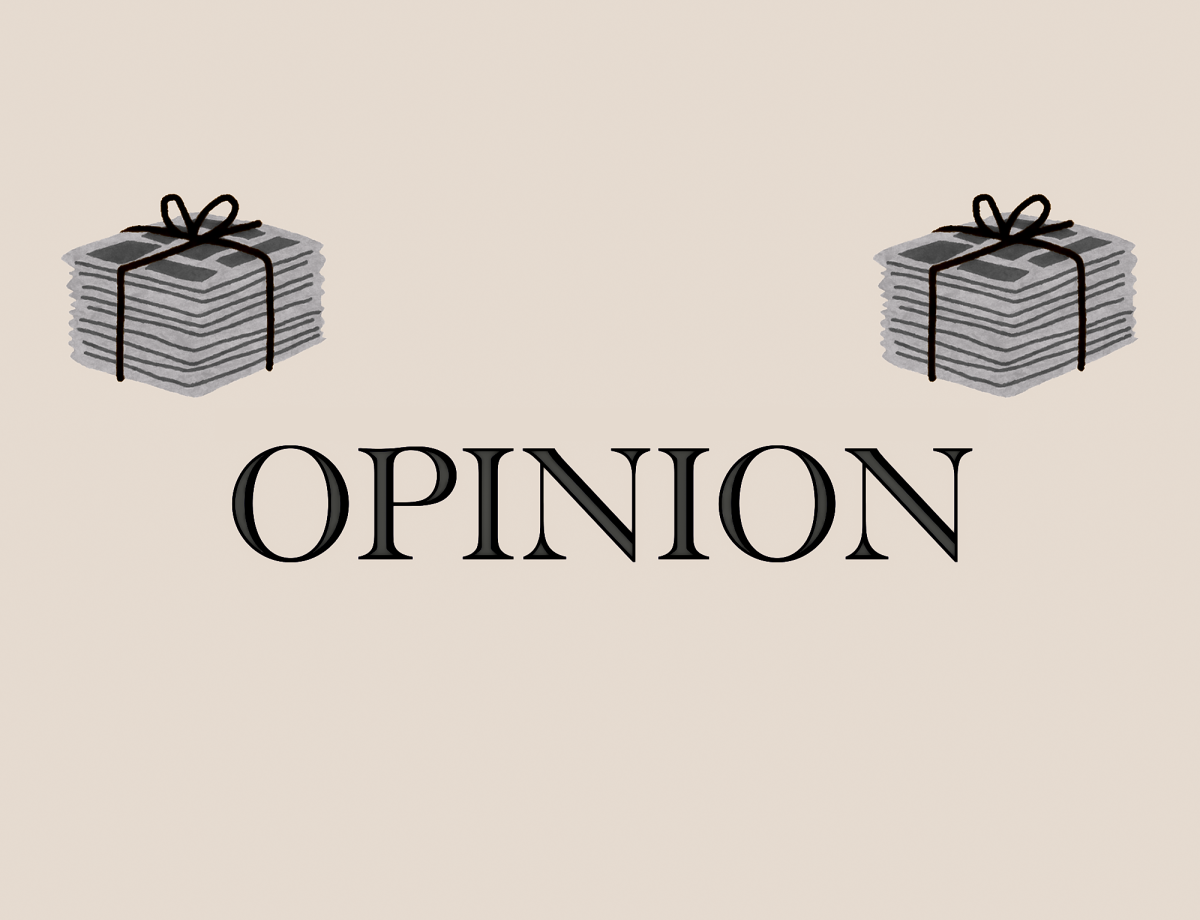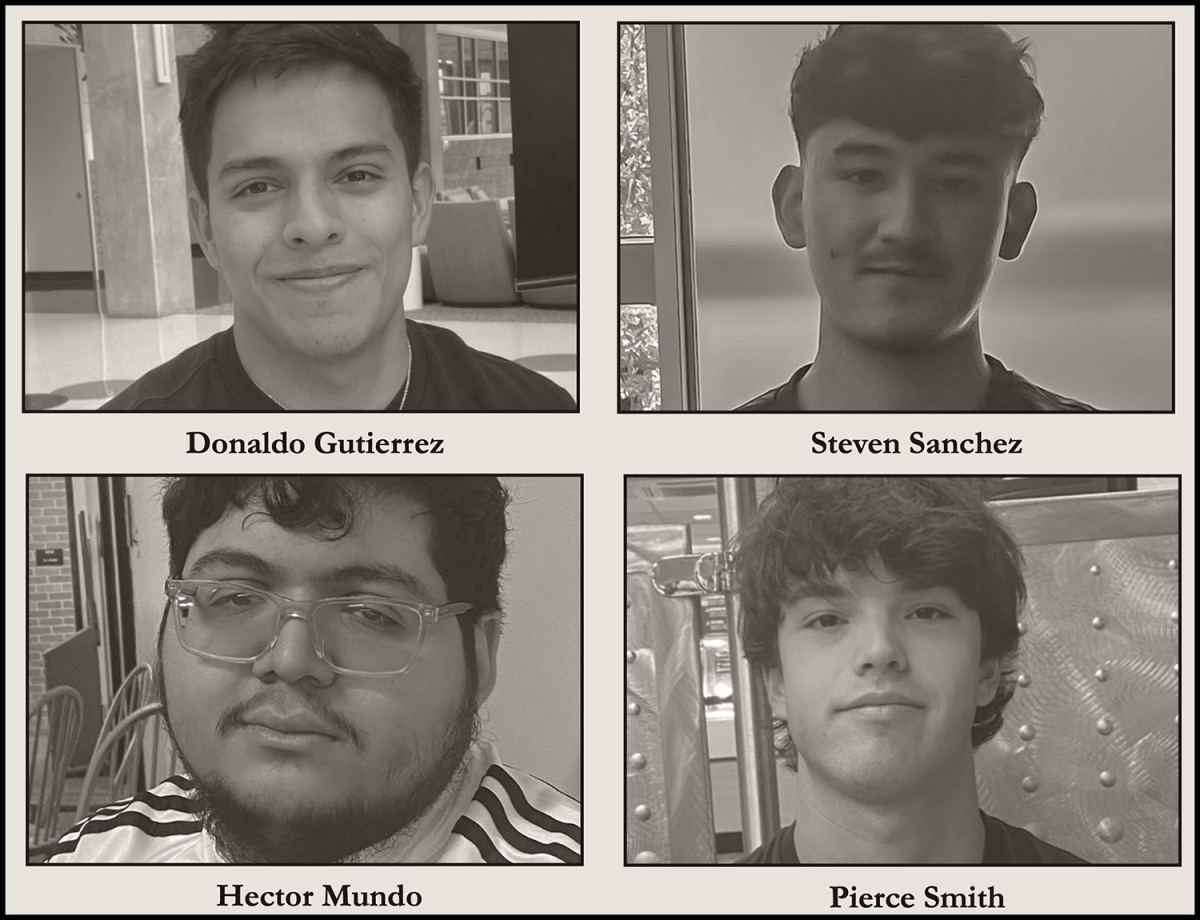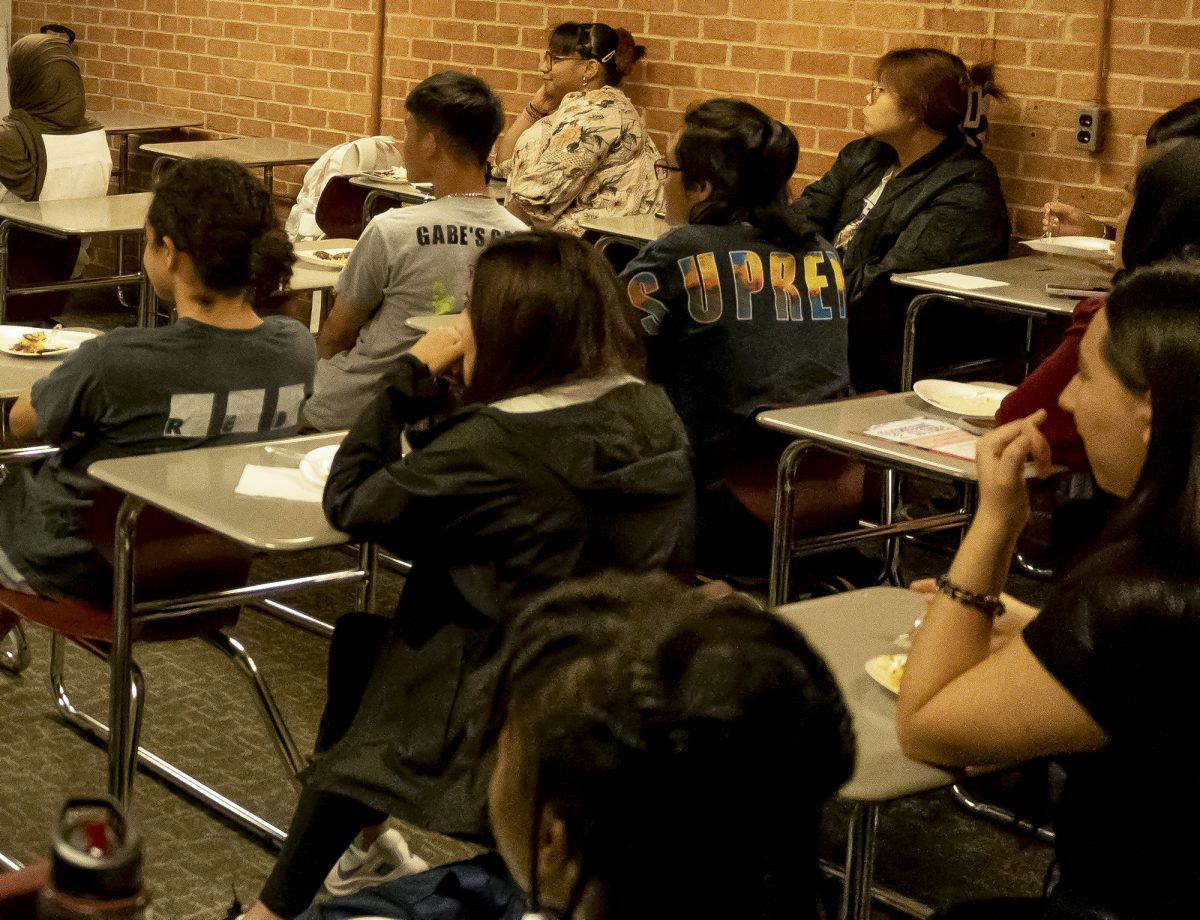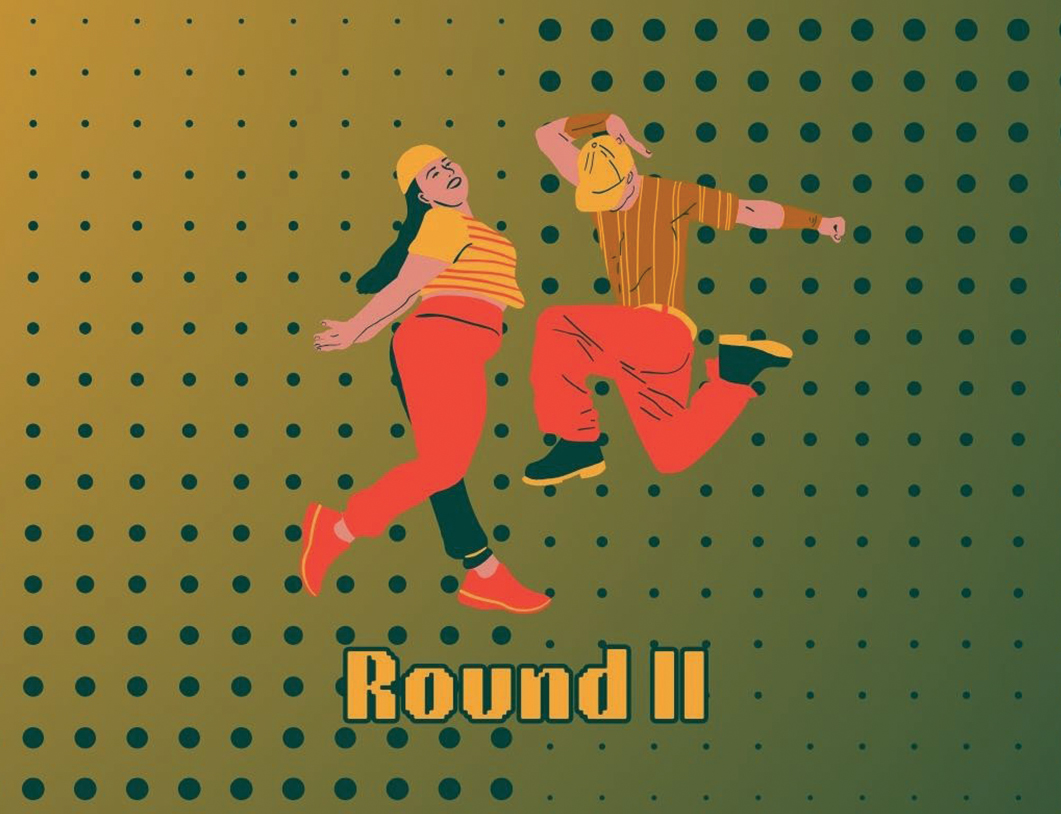Dystopian fiction is a genre of literature in which everything is, simply put, bad. There are different classifications of dystopian worlds. The goal and messages of these worlds remain the same; Do not become us.
But what happens when the warnings given are not heeded? When everything that society doesn’t want to become turns into reality? That may be the path the world is on now, and it all begins with a simple question.
What are you willing to give up for safety?
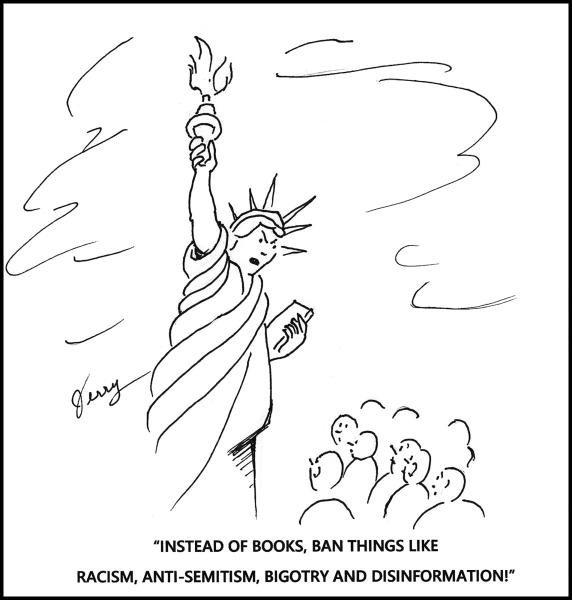
“Brave New World,” written by Aldous Huxley in 1932, spoke of a world in which technology had become so powerful and useful in everyday life, that the ruling World State uses conditioning methods to control the actions of its citizens and their reproductions.
This was a message warning against the idea of letting the state have power over improving technologies, but the book carries with it harsh messages over reproduction and the technologies utilized by the government to control it.
And while some would think that it’s only logical that something like this remains fiction, the U.S. Supreme Court overturned Roe v. Wade (1973), which constitutionally guaranteed a woman’s right to abortion. The arguments against this case claimed that killing a fetus is murder, however it begs the question: What about the mothers who cannot give birth without dying? Is that not murder, too?
According to the National Library of Medicine, even when abortions were made legal in the 1970s, women still would undergo illegal procedures and self-induced abortions due to the economic restrictions and unavailability of the services in their area. And now that Roe v. Wade was overturned, what will stop it from returning to this, or worse? After all, despite America’s wealth and medicine, we have the highest maternal-mortality rate out of all high-income nations around the world, such as Canada, Russia, Japan, China, the U.K and Germany. (The Commonwealth Fund, December 2022)
“Fahrenheit 451,” written by Ray Bradbury in 1953, is a book that many have heard of at least once. It’s set in a world in which people no longer think freely or creatively, where every book is banned and burned and history is rewritten. And when the main character seeks to change this, the government bombs the city to the ground.
Bradbury sought to inform people against the dangers of giving up the inherent right to knowledge and information in exchange for security of life, because in the books, different groups of people didn’t like what was being written. And rather than embrace the diversity in culture and opinion, the government just simply removed the conflicting books. One by one, the libraries emptied, and soon enough, an original thought became out of the ordinary.
“Divergent,” by Veronica Roth is set in a city where people are sorted into factions, based on five main characteristics; kindness, intelligence, bravery, integrity and equality. The factions are constantly at war with each other, and when one faction seeks to gain control over the others, it results in a full-blown war.
And the main character? She is what’s known as divergent, somebody who doesn’t fit just one category. She faces life threatening danger and loss, all to set the system free.
Sound familiar?
America did the one thing its founding president told us not to: Create factions. The government itself is divided, with the sides constantly trying to one-up each other and gain control. And America has gone to war over its political beliefs before. It’s how America was founded, and it’s why we had the Civil War. What happens when these factions continue to grow? Will we be protected and kept in order by a shattered power?
“The Running Man,” by Stephen King, is a tale about a man who competed on a life-threatening game show in order to get money and care for his family. And while it seems like something that would take place in the far-off future, the book is set in 2025.
As most would be aware, America has faced extreme inflation. Rent and mortgages rise ever higher, and yet the federal minimum wage hasn’t been raised since 2009. It raises the question, what would one do to provide for their family? There have been cases of mothers selling their bodies for their children. Fathers who would commit crimes to feed their children. Brothers and sisters who would go hungry for their siblings. There have been many cases of families letting their loved ones die because they can’t afford medical bills.
“We,” a Russian dystopian novel by Yevgeny Zamyatinis about a spacecraft engineer who lives on a starship in a futuristic nation called One State. In this world, all citizens of the One State wear the same uniforms and are simply referred to by numbers.
Nature is banished by technology, and natural passions are suppressed in exchange for human perfection. “We” centers on the destruction of our environments and individuality with it, and when the main character has a chance interaction, he begins to explore the disease the ancients of their world called souls.
The death of individuality is something that is all too possible with the help of increasingly narrow worldviews and the aid of technology. Trends on social media are reflected everywhere one looks, with food, clothes, market trends, music, art and more. As people follow these trends, originality begins to fall apart.
It’s not just trends, however. The diffusion of cultures is a real phenomenon that theoretically facilitates cultural growth and trade, but with all eyes on everyone thanks to social media, it has become taboo to do anything. Hairstyles are forbidden for some people but not others. One person can wear this outfit, but it’s cultural appropriation if another wears it too. At some point, it comes back to the idea that when this type of individuality isn’t encouraged, we all become the same. And when every person is the same, we are no longer human.
So as progress is made, as our world continues to grow and technology is improved and made more available, it’s also important to look at where we are as a society. To remember the moral of these stories and heed the warnings, because sometimes the worst mistakes are made when one doesn’t pay attention to the warning signs. And just remember, it all begins with the question:
What would you give up for safety?



